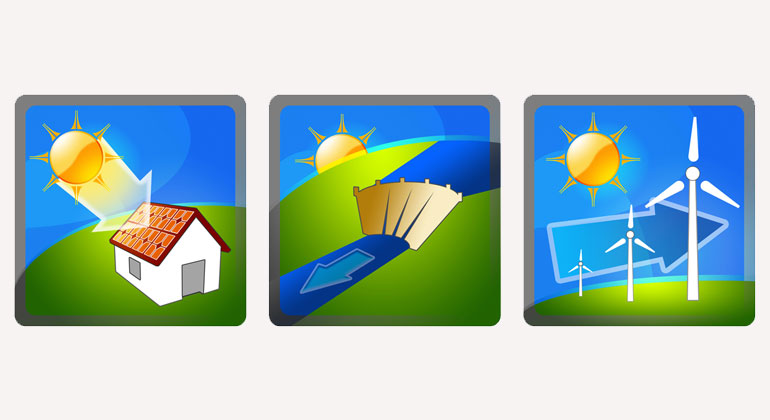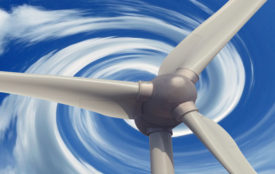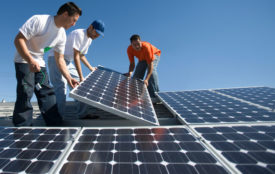Low-Cost, Low-Risk All-Renewable Energy Plans for 145 Countries
Recent climate policy discussions on how to rapidly reduce carbon have taken on an all-of-the-above attitude that the world, and especially the US, must include all technical solutions, including carbon capture, extracting more fossil fuel, and keeping nuclear plants running as a bridge to carbon reduction. The most recent climate funding, including the new infrastructure law and the soon to be passed new climate bill, have been allocating money to these bridge efforts as well as funding clean renewable energy. There is a push by the fossil fuel industries to insist that more fossil fuel must be extracted and carbon capture technology must be used to burn the extracted fuel in order to not run out of energy while waiting for renewable energy sources to catch up. This puts more carbon in the air, does not stop the air pollution that kills about seven million people a year worldwide, and carbon capture requires a very large infrastructure base, including moving the carbon through a massive pipeline system.
Dr. Mark Z. Jacobson and his team at Stanford University has been modeling the requirements and technology that will be needed to meet world wide carbon goals for years for 145 countries and have found a startling result. His new study found that all 145 countries can meet international carbon reduction by simply by electrifying everything and using renewable energy technologies– off and on shore wind electricity, solar panels for rooftops and power plants, concentrated solar power, solar heat, geothermal electricity and heat, hydroelectricity, and small amounts of tidal and wave electricity. In this podcast episode, he discusses how the other bridge practices and technologies are much more infrastructure heavy and don’t reduce carbon as cheaply and quickly as these renewable technologies.
This worldwide model raises many questions about how climate money should be used for the climate emergency, especially since the technology of carbon capture has yet to be proven to be usable on a large scale. This podcast episode answers many questions about the current technology path on carbon.
Mark Z. Jacobson is a professor of civil and environmental engineering at Stanford University. Some describe him as the architect of the U.S. Green New Deal. He has authored books, textbooks and articles on transitioning to renewable energy. Recently co-authored the study, “Low-Cost Solutions to Global Warming, Air Pollution, and Energy Insecurity for 145 Countries.







